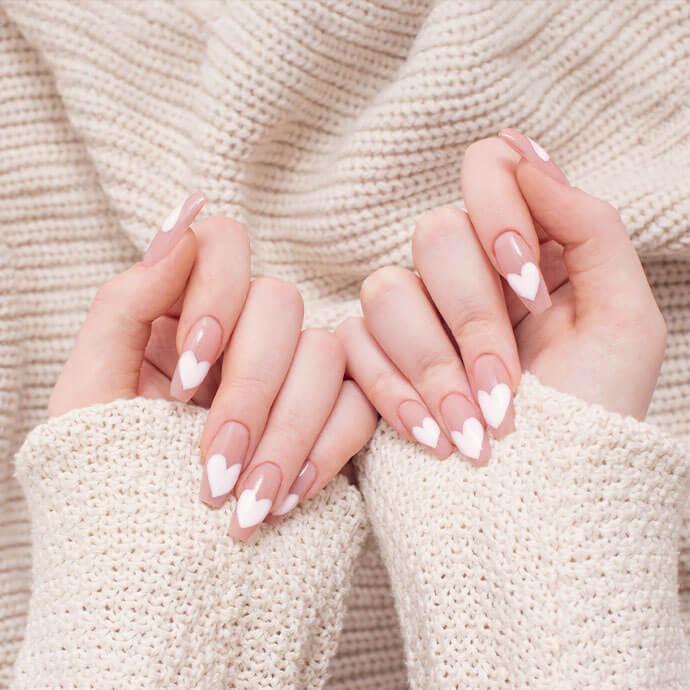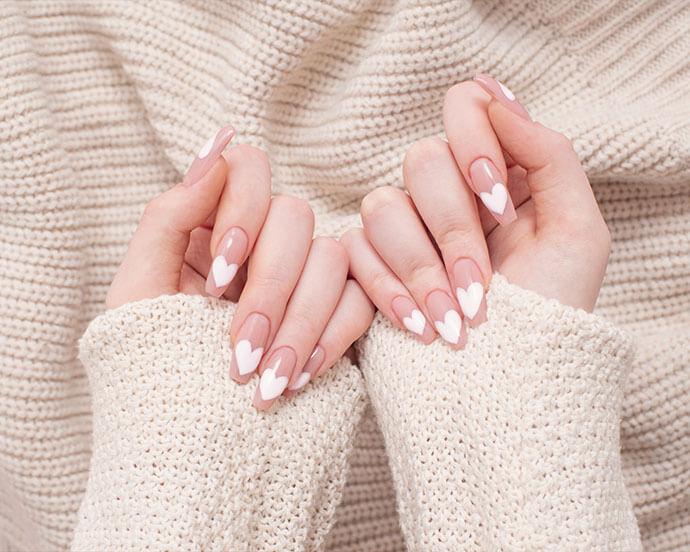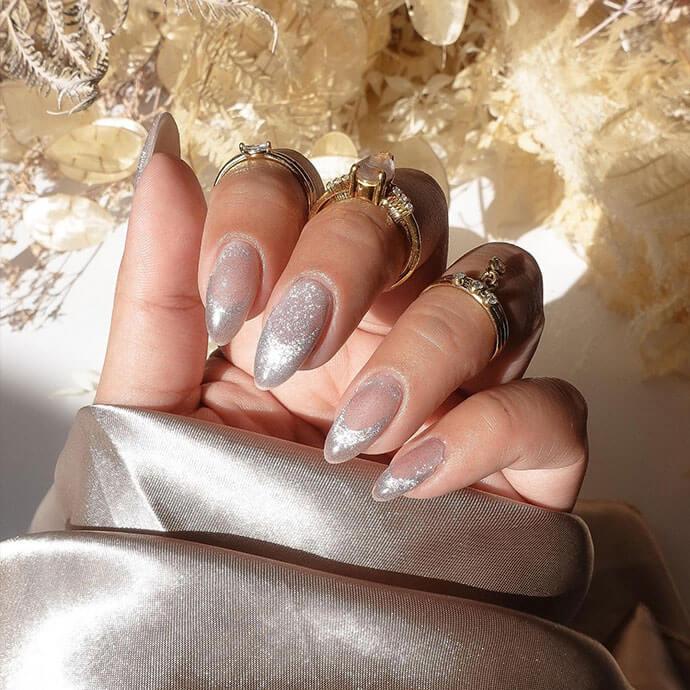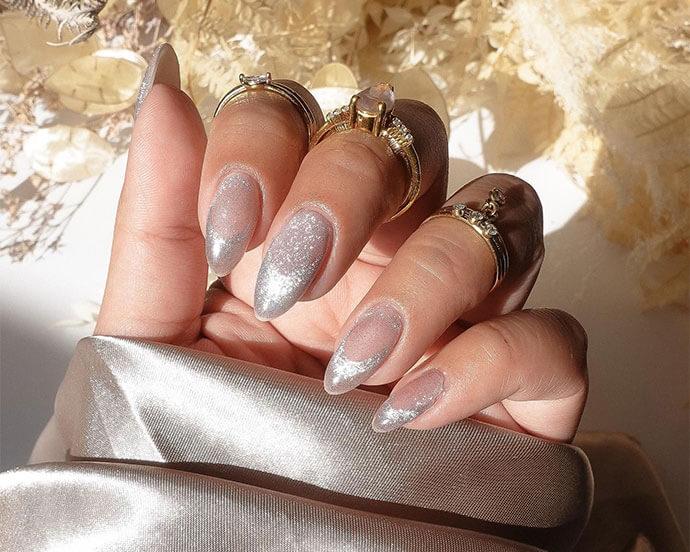These Jojoba Oil Benefits Will Transform Your Beauty Routine



IPSY Editors


Another day, another beauty oil. While there’s certainly no shortage of oil in the skincare department, there is one natural oil that stands out above the rest: enter jojoba oil. Although this skincare superstar seems to be everywhere you turn these days, the beauty world has relied on it since the 70’s. From hair care to skincare products and even nail care, there are a variety of reasons to add jojoba oil to your routine. Read on to find out if jojoba oil is right for you.
It's about glam time you treated yourself.
Join IPSY

What is jojoba oil?
Jojoba oil comes from the jojoba plant, a wild shrub native to Southern California and Arizona. The oil is derived from the jojoba nut, however, it’s not actually an oil. “Jojoba oil is technically a wax ester, rather than a triglyceride, like most oils are,” says Hadley King, MD, an NYC-based dermatologist. Thanks to this reason, the consistency of jojoba oil is lighter and less greasy than other oils. It’s non-comedogenic, which means it won’t clog pores, and is rich in copper, zinc, and vitamins B and E. “The oil has a special quality that gives it a long shelf-life and stability when heated,” says Jessie Cheung, MD, dermatologist at Cheung Aesthetics and Wellness in Chicago. That means it won’t go rancid the way other carrier oils can. It also mimics the skin’s own sebum, making it an effective moisturizer.
The benefits of jojoba oil
From keeping your oil production in check to minimizing wrinkles, there are a variety of reasons to break out the jojoba oil.
It helps control oil.Jojoba oil is biomimetic, meaning it acts and functions just like our skin’s own sebum, and this makes it an effective moisturizer that can help control how much oil your own body produces. When it comes in contact with your skin, it sends a message to your oil glands. “This leads to decreased oil production,” says Dr. King. One common misconception regarding oily skin is that you must “dry out” the surface. By stripping your complexion of your skin’s natural oils, you’re simply kicking your glands into overdrive and creating a never-ending cycle. Instead of starving oily skin of moisture you should continue to moisturize, which can help restore balance to the surface of your skin.
It’s great for eczema-prone skin.Jojoba oil calms skin inflammation, making it a soothing go-to for those who suffer from eczema. “It hydrates and moisturizes, and it helps the skin retain moisture and heal itself,” says Dr. King. This is especially true for people who suffer from asteatotic eczema, who are more prone to dryness and are less capable of retaining moisture. Jojoba oil restores the skin barrier and penetrates deep below the surface to provide intense hydration. “Applying jojoba oil will help to reduce inflammation, relieve symptoms of dryness, reduce itching, and assist in speeding up the healing process,” says Josie Holmes, esthetician at SKINNEY Medspa in NYC.
It’s moisturizing (without being greasy).Jojoba oil is a humectant, which means it helps the skin retain moisture. It locks in hydration and serves as a barrier for the skin. “Jojoba oil absorbs deep into the skin, so it does not feel as greasy as an oil that sits on the top of the skin,” says Dr. King. While it’s ideal for those with dry skin, it also works wonders on a variety of skin types thanks to its hypoallergenic properties.
It can help with acne.Bacteria and excess oil are the two major culprits that contribute to acne, and the properties within jojoba oil can address both. For starters, it’s an antimicrobial, so it kills bacteria that can lead to bad breakouts. It also controls your skin’s own sebum production. By restoring balance to your skin, it halts excess oil production before it starts. Finally, it’s anti-inflammatory. This makes it a soothing spot treatment that can help reduce the size of a pimple.
It can help reduce fine lines.If you want to reduce the appearance of fine lines, look no further than this hydrating multitasker. “The antioxidant properties enable jojoba oil to help fight free radical damage, which will in turn help prevent the breakdown of collagen,” says Dr. King. Since many fine lines are caused by free radical damage, jojoba oil can stop these oxidative stressors in their tracks.
It’s a great cuticle softener.While jojoba oil works wonders when it comes to your complexion, the benefits don’t stop there. The oil is also ideal for softening the skin around your nails, and it can prevent infection, thanks to its antibacterial and antifungal properties.
It can help moisturize your hair, too.Frizzy hair craves moisture, and the hydrating properties of jojoba oil make it just as moisturizing for your strands as it is for your skin. “As a humectant, jojoba oil helps to moisturize hair by locking in moisture and providing a barrier,” says Holmes. You can apply a few drops on the ends or use it as an overnight hair mask or leave-in conditioner to really reap the smoothing benefits.
It can soothe an irritated or itchy scalp.An itchy, irritated scalp can benefit from jojoba oil. Its hydrating, anti-inflammatory properties can restore moisture at the root of the problem. It also contains antifungal properties, making it a great go-to for those with dandruff. Use it as a nourishing treatment to soothe your scalp and seal-in the cuticle of your hair.
It’s antibacterial and antioxidant.“Jojoba oil is rich in Vitamin E, which is an antioxidant powerhouse,” says Holmes. “Antioxidants help prevent damage to the skin from free radicals and toxins.” Free radicals are unstable oxygen compounds that steal electrons from healthy cells. By protecting your skin from free radicals you keep signs of premature aging caused by pollution and UV rays at bay and prevent the breakdown of collagen.
It can even help soothe sunburn, too.Jojoba oil is found in a variety of sunscreens, and it’s also an effective, natural option for soothing a bad sunburn. Since jojoba oil is an anti-inflammatory it can help calm swelling due to sunburn, all while locking in moisture and creating a protective barrier on the skin’s surface. These properties enhance wound healing, which could also speed up the recovery time.“The vitamin E-rich product helps to restore moisture to the skin while speeding up healing,” says Holmes.
How to use jojoba oil
Now that we’ve broken down the bevy of benefits behind jojoba oil, you can start incorporating it into your hair care and skincare routine. Since it’s a carrier oil you can apply it right on your skin or hair without the need to dilute the formula, says Dr. King. You can also use it as a carrier for an essential oil, taking a targeted approach to your skincare routine.
Apply three drops of jojoba oil on your clean complexion and rub it in for moisture that lasts all day. You can also mix one to two drops in with your moisturizer for added hydration. Not only is jojoba oil a great moisturizer, but you can also use it as an oil cleanser to remove stubborn eye makeup without stripping your skin. Massage a few drops of jojoba oil on your complexion in circular motions. Use a damp, warm washcloth to wipe it away.
For your hair: Add a few drops to your shampoo for an extra dose of moisture, or create your own deep-conditioning treatment by applying a few drops all over. Leave it on for 10 minutes, then follow it up with shampoo and conditioner. If you want to combat frizz, add one to two drops to damp ends to seal the cuticle. For your nails: Use a dropper to distribute the oil, focusing on your nail beds. Next, rub it into your cuticles in a circular motion.
Jojoba oil is a potent multitasker that can totally transform your beauty routine, leaving you with a glowing complexion and glossy locks.
Want in on all the Glam Bag fun? Take our Beauty Quiz now to get started. And don’t forget to check us out on Instagram and Twitter @IPSY.
Liked this post? Share!
Related Stories


Nails
50 Cute Valentine’s Day Nail Ideas We Can’t Help But Love
Published on Jan 14, 2026 • 15 min read


Nails
Metallic Nail Designs You’ll Want to Screenshot Immediately
Published on Jan 14, 2026 • 9 min read


Nails
How to Apply Fake Nails at Home: A Beginners Guide
Published on Dec 5, 2023


Nails
What You Need to Know About SNS Nail for Your Next Mani Appointment
Published on Oct 6, 2022


Nails
25 Holiday Nail Art Ideas That’ll Make Your Mani the Star of the Season
Published on Oct 16, 2025 • 9 min read


Nails
26 Cute Thanksgiving Nail Ideas to Complete Your Holiday Look
Published on Oct 2, 2025 • 11 min read


Nails
20 Reasons Why We’re Obsessed With Glitter Nails Year-Round
Published on Sep 27, 2025 • 9 min read


Nails
51 Halloween Nail Ideas That Are All Treats, No Tricks
Published on Sep 16, 2025 • 9 min read


Beauty Picked Just for You
Get 5 products worth up to $70
Plus exclusive access to epic deals up to 80% off
Starting at just $14/month. Cancel anytime.